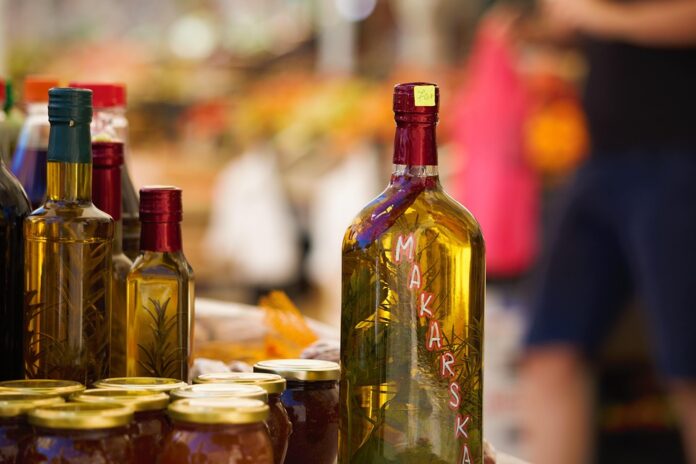Introduction
Climate change is having a significant impact on olive harvests across the Mediterranean region. The rising temperatures, changing precipitation patterns, and more frequent extreme weather events are threatening the olive industry, which plays a crucial role in the economy of many countries in the Mediterranean.
Impact of Climate Change on Olive Harvests
Rising Temperatures
One of the most significant impacts of climate change on olive harvests is the rising temperatures. Higher temperatures can lead to reduced yields and lower quality olives. Olive trees are sensitive to temperature changes, and extreme heat can cause stress to the trees, affecting their growth and productivity.
Changing Precipitation Patterns
Climate change is also altering precipitation patterns in the Mediterranean region. Changes in rainfall patterns can lead to water stress for olive trees, affecting their ability to produce healthy fruit. Drought conditions can also increase the risk of wildfires, which can destroy olive groves and disrupt the harvest.
Extreme Weather Events
The Mediterranean region is experiencing more frequent and intense extreme weather events, such as heatwaves, storms, and floods, due to climate change. These events can cause significant damage to olive groves, leading to crop losses and reduced yields. Farmers are facing challenges in adapting to these changing conditions and protecting their olive harvests.
Financial Impact on the Olive Industry
The olive industry is a vital sector in the Mediterranean region, contributing to the economy of countries such as Spain, Italy, Greece, and Turkey. The impact of climate change on olive harvests is not only affecting farmers but also the entire supply chain, including producers, exporters, and retailers.
Decreased Yields and Quality
As a result of climate change, olive yields are declining in many regions, leading to lower production volumes. Decreased yields can result in higher prices for olive products, affecting consumers and businesses in the olive industry. Furthermore, the quality of olives may be compromised due to extreme weather conditions, impacting the reputation of olive products from the Mediterranean.
Increased Production Costs
Farmers are facing higher production costs as they try to adapt to the changing climate and protect their olive harvests. Investments in irrigation systems, pest control measures, and other adaptation strategies are necessary to mitigate the impacts of climate change. These additional costs are putting pressure on farmers’ profitability and the overall competitiveness of the olive industry.
Adaptation Strategies for the Olive Industry
In response to the challenges posed by climate change, the olive industry in the Mediterranean region is implementing various adaptation strategies to protect olive harvests and ensure the sustainability of the sector.
Water Management
Improving water management practices is crucial for olive farmers to cope with changing precipitation patterns and water stress. Adopting efficient irrigation techniques, such as drip irrigation and rainwater harvesting, can help conserve water and ensure the health of olive trees during dry periods.
Varietal Selection
Selecting olive tree varieties that are more resilient to climate change is essential for ensuring the long-term viability of olive orchards. Farmers are exploring new olive cultivars that are better adapted to rising temperatures and changing environmental conditions, such as drought-resistant varieties.
Soil Conservation
Maintaining soil health and fertility is critical for the productivity of olive orchards in the face of climate change. Implementing soil conservation practices, such as cover cropping, mulching, and terracing, can help prevent erosion, retain moisture, and improve nutrient uptake by olive trees.
Conclusion
Climate change is posing a significant threat to olive harvests across the Mediterranean region, impacting the economy, livelihoods, and sustainability of the olive industry. By implementing adaptation strategies and investing in sustainable practices, the olive sector can mitigate the impacts of climate change and ensure the resilience of olive orchards for future generations. It is essential for stakeholders in the olive industry to work together to address the challenges posed by climate change and secure the future of olive production in the Mediterranean.



